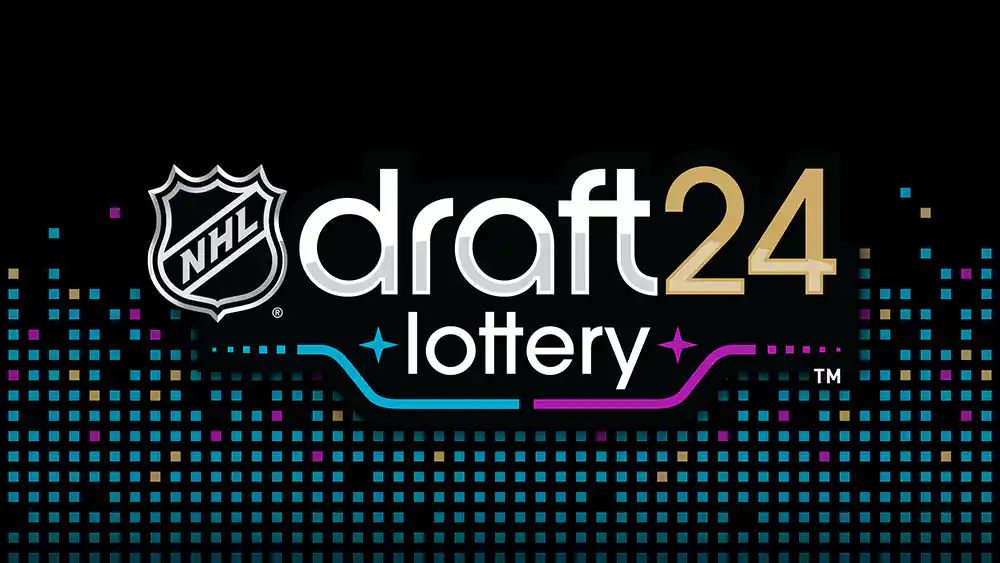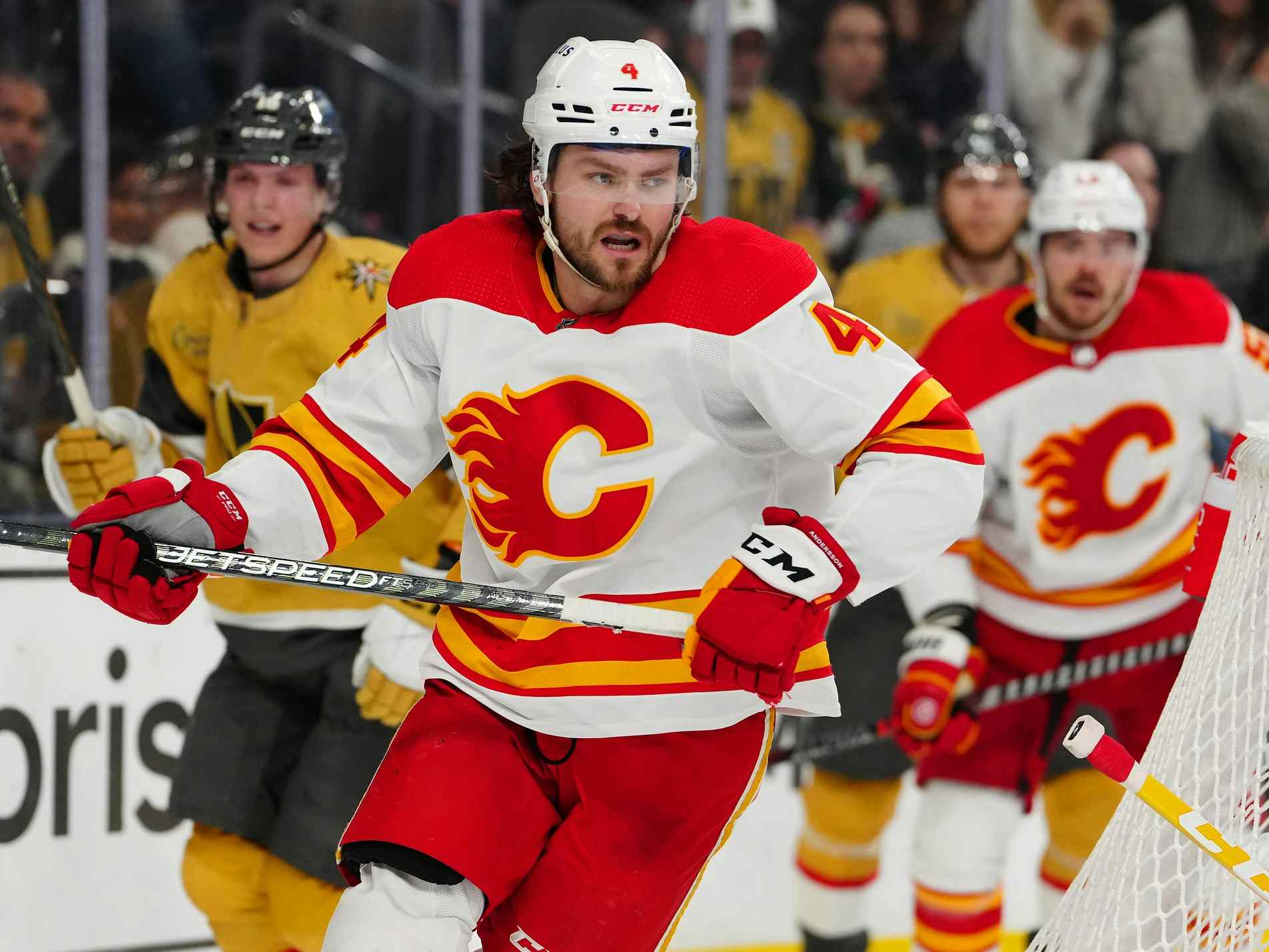Matthew Tkachuk probably won’t hit his bonuses and that’s great
By Ryan Pike
7 years agoLet’s get a simple fact out of the way right out of the gates: Matthew Tkachuk is a really good hockey player. The 19-year-old was selected by the Calgary Flames in the first round of the 2016 NHL Draft. He made the team out of camp and he’s found a home on the left side of Calgary’s top line with Michael Frolik and Mikael Backlund.
As a rookie on his entry-level contract, Tkachuk’s success could potentially cause some future salary cap headaches for the Flames. Entry-level players are eligible for performance bonuses (which are added at the end of the season if they’re reached) and the Flames are actually running $630,000 short on this year’s cap because of all the bonuses they paid out last season to guys like Johnny Gaudreau and Sean Monahan.
If you’re beginning to feel a bit worried about the cap, please don’t be. The particularities of this season’s rookie class will probably prevent Tkachuk from hitting a lot of his bonuses.
Tkachuk’s deal
Tkachuk is in year one of a three year entry-level deal. He makes $925,000 in base salary per season, plus up to a maximum of $850,000 in performance bonuses.
What bonuses can he get?
There are two types of bonuses: Schedule A bonuses and Schedule B bonuses. To put it simply, Schedule A bonuses deal with individual performance within the context of the team and Schedule B bonuses are about awards and being a league leader in things.
Schedule A bonuses include:
- Being top six (among forwards) on your team in average or aggregate ice time.
- Scoring 20+ goals.
- Amassing 35+ assists.
- Amassing 60+ points.
- Scoring at a 0.73 points per game pace.
- Being top three (among forwards) on your team in plus/minus.
- Making the All-Rookie Team.
- Playing in the All-Star Game.
- Being named All-Star Game MVP.
Schedule B bonuses include:
- Finishing high in the voting for a major award (in Tkachuk’s case, the most likely award would be the Calder, which has a bonus for the top three vote-getters).
- Finishing top 10 in the league in goals, assists, points or points per game.
For Schedule A bonuses, a maximum bonus can be earned in each category of $212,500. It varies depending on the award for Schedule B bonuses.
How Does He Stand?
Schedule A:
- Ice time: He’s seventh in average ice time and ninth in aggregate ice time.
- Goals: He needs 12 goals in the final 38 games to reach 20.
- Assists: He needs 16 assists in the final 38 games to reach 35.
- Points: He needs 33 points in the final 38 games to reach 60.
- Points per game: Presuming he plays all 38 games (for a total of 78 this season), he needs to reach 57 points (or 30 in the final 38 games) to reach the 0.73 per game mark.
- Plus/minus: He’s currently first on the team among forwards.
- All-Rookie Team: He’d need to be among the top three vote-getters among forwards, which will be tough in a year that has Auston Matthews, Patrik Laine, Mitch Marner, William Nylander and others in the mix.
- All-Star Game (MVP): He wasn’t named to the All-Star Game.
Schedule B:
We’ve already gotten into the Calder issue when looking at the All-Rookie Team race. Just add in Ivan Provorov and Zach Werenski into the mix and it’ll be even tougher for him to finish in the top three in voting.
Barring anything miraculous, he’s very unlikely to finish top 10 in goals, assists, points or points per game in the NHL.
Overall:
Barring a collapse in his game, Tkachuk is probably making his plus/minus bonus. His goal-scoring is just shy of a 20-goal pace so he has a decent shot at that. I’m hesitant to say that he’ll be able to score at such a torrid pace to hit his points or points per game targets. He’ll probably get to 35 assists and he’ll probably have at least 50 points this season given how well his line has been playing, but it’s probably not out of the realm of possibility that his scoring pace slows down a tad as the grind of the season wears on him physically and mentally.
In other words
Tkachuk is a good bet to hit at least one or two of his Schedule A bonus categories. If his contract has maxed-out Schedule A bonuses (e.g., each category is allocated the maximum $212,500 bonus), he’ll probably make close to a half million in bonuses. But he’s unlikely to max out his bonuses because it’ll be really tough for him to make the All-Rookie Team or finish top three in Calder Trophy voting.
It’s disappointing for him, but it suits the Flames (and their non-existent cap space) just fine.
Recent articles from Ryan Pike




